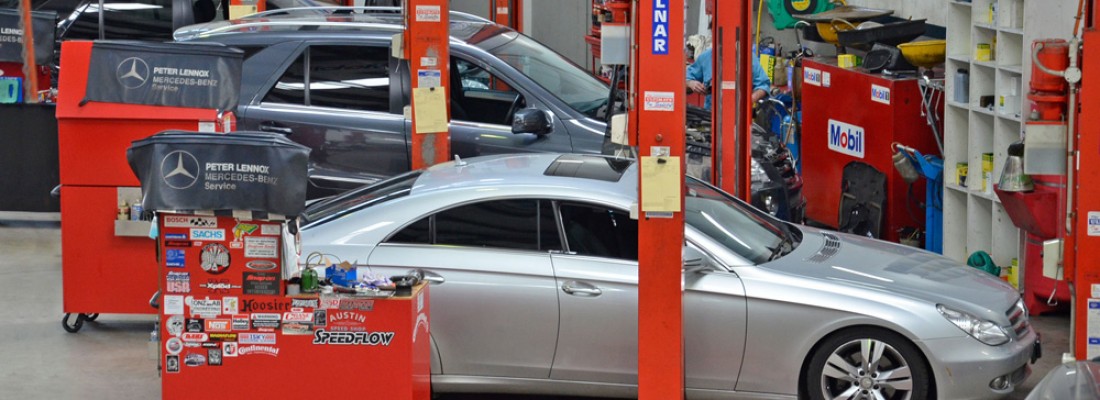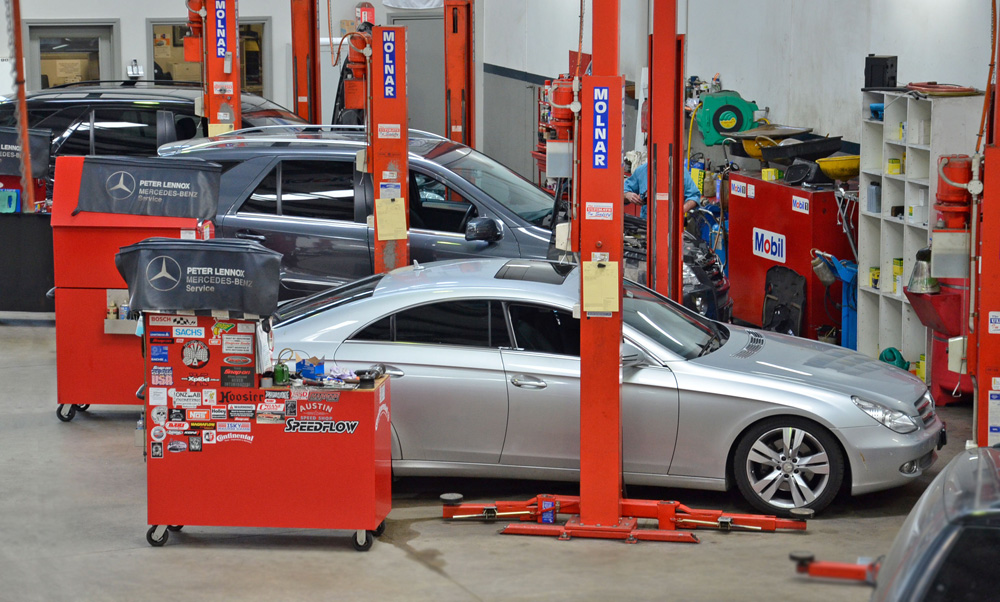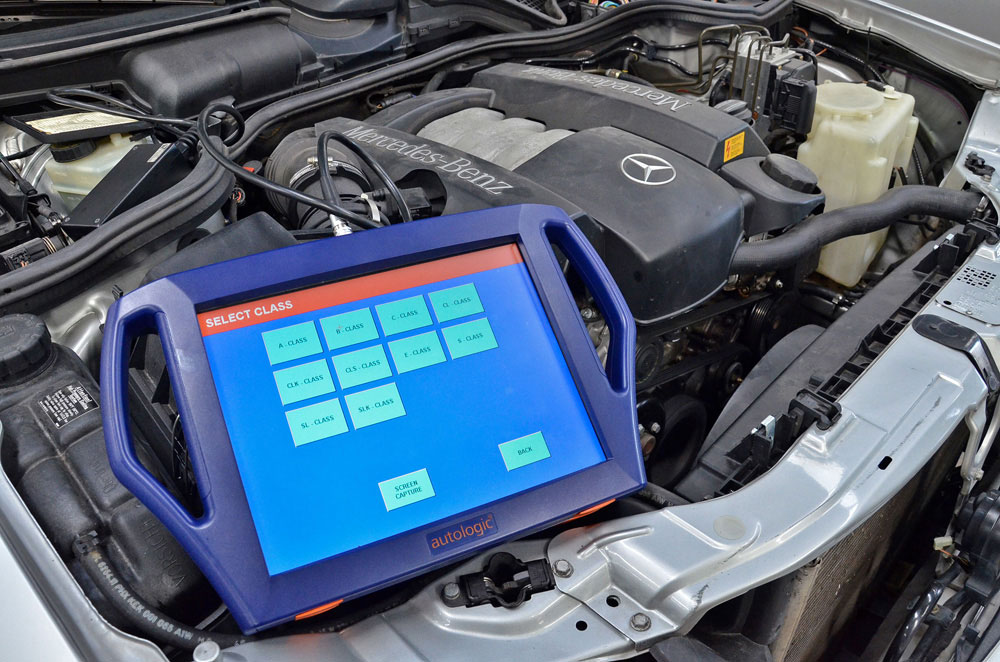


Car servicing can involve up to 50 or more component and system checks and adjustments. And despite complaints about the cost from some car owners, it’s worth the money. Maintaining the engine in peak economy, performance and emissions condition requires electronic monitoring and fine adjustment according to the diagnostic computer read out.
A correctly serviced and tuned engine will have a longer, more economical service life than one that is run into the ground with minimal or inappropriate attention. It can also pre-warn of potentially major problems with the engine and transmission.
A full service will include fluid level checks and or changes depending on the system. Brake fluid is hydroscopic (attracts and absorbs water) and should be changed at regular intervals. Water in brake fluid has the potential to corrode the system from the inside with predictable results.
Coolant is another critical fluid to a car’s performance and engine longevity. Coolant degrades over time and loses its ability to inhibit corrosion inside the engine and also its cooling efficiency.
A full service will pick up any potential cooling system problem including leaks from the radiator, cap, water pump, cylinder head or gasket and hoses. A full service will also among other things, tell you the condition of the brake pads, battery condition, steering alignment, tyre tread depth, suspension condition, oil leaks of any sort, exhaust leaks or corrosion, even how well the door locks are working.
And the best thing apart from having a fully functional, safe car is that with a complete service history, the car will be worth more when you sell it.
Cars Guide 2012,
https://www.carsguide.com.au

